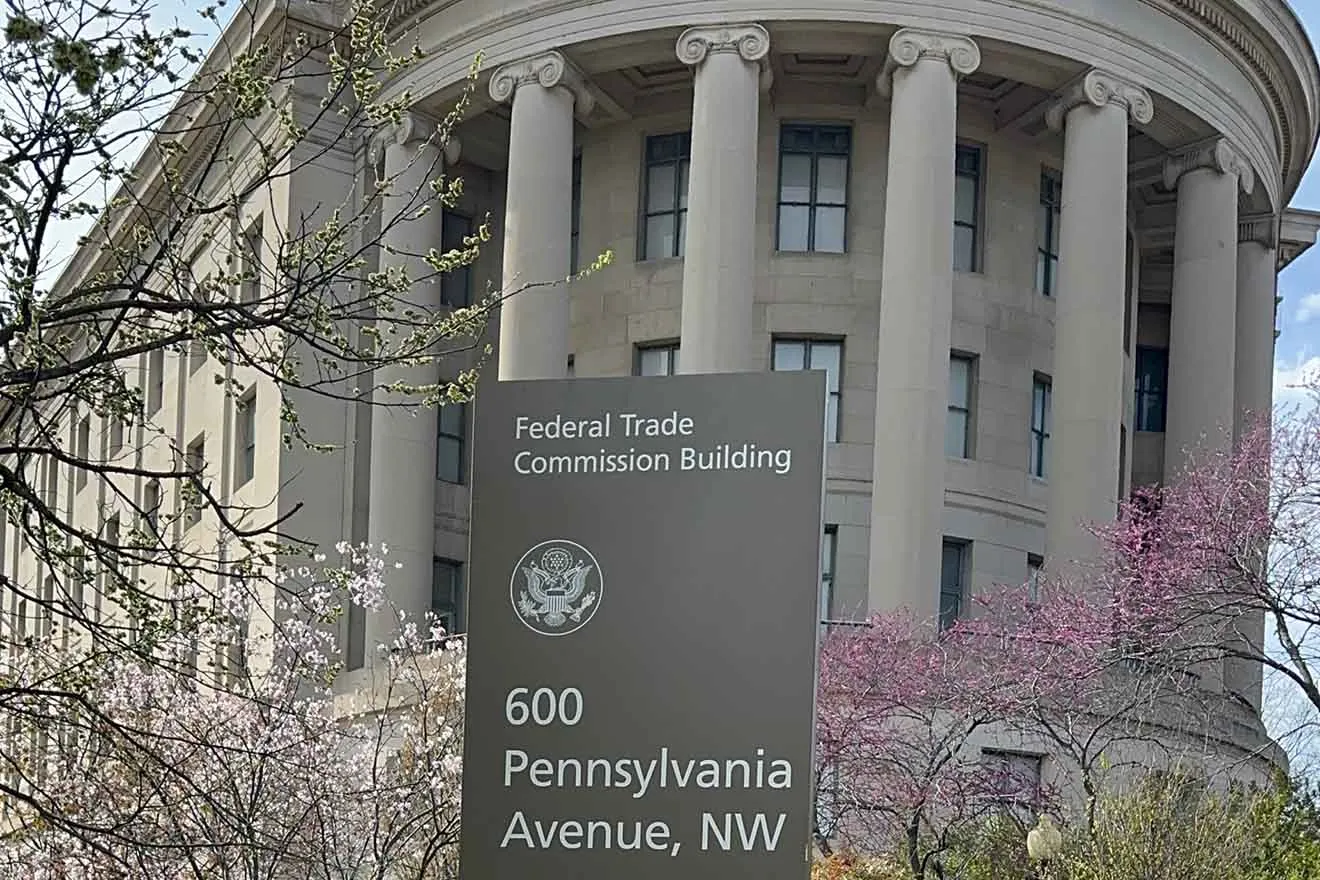
Commentary: The Trump ruling in Colorado is wrong. The judge all but said so herself.
(Colorado Newsline) The ruling in a Colorado case over whether Donald Trump is eligible to be president again came down in his favor on a key point. But the judge gravely erred on that one point, as should be clear to anyone who followed testimony in the case and honestly weighed the relevant constitutional scholarship.
Another tell: Judge Sarah B. Wallace hedged in her ruling, evidently discomfited by her own conclusions. Qualifiers crop up suspiciously in her final order, which acknowledged “persuasive arguments on both sides” and even suggested there’s a certain glaring error in the Constitution (there’s not).
Those are among the giveaways that she botched the decision. Here’s how she got it so wrong, and how the Colorado Supreme Court can make it right.
In September, six Colorado voters filed a lawsuit in Denver District Court seeking to block Trump from the 2024 presidential ballot. They argued that the 14th Amendment disqualifies Trump as a candidate due to his actions around the Jan. 6 insurrection. Section 3 of the amendment, ratified after the Civil War to deal with former Confederate figures, says no person who took an oath to support the Constitution then “engaged in insurrection” can hold office in the United States.
The case is similar to lawsuits that have been brought in numerous other states. But, the Colorado example is widely viewed as one of the most potentially consequential, especially now that two of the other most serious disqualification cases, in Minnesota and Michigan, were dismissed.
During a recent weeklong bench trial, testimony in the Colorado case concerned the history of Section 3, the meaning of its language, constitutional scholarship, the attack on the U.S. Capitol in 2021, and Trump’s role in motivating a mob of supporters to engage in insurrection.
Wallace’s ruling, issued Friday, makes extraordinary, historic findings. She wrote that Jan. 6 was indeed an insurrection, Trump incited the insurrection, inciting an insurrection counts as having “engaged in insurrection” under Section 3, and the final report of the U.S. House panel that investigated Jan. 6 is trustworthy.
Wallace also determined that Trump long embraced political violence and intended the Jan. 6 mob to engage in violence, and that he knew his claim that the 2020 election was stolen from him — the essential grievance of the insurrection — was false.
So Trump should be disqualified, right? No, Wallace said, because she concluded that Section 3 doesn’t apply to the presidency.
Sound absurd? It is. Wrong? Obviously. What happened?
Wallace was led astray by a too-clever parsing of constitutional language and the regrettable influence of minority-opinion scholars.
Common sense says that if anyone should be barred from public office, it's an insurrectionist former president, and if any office should be off limits to an insurrectionist, it's the presidency.
Section 3 says, “No person shall be a Senator or Representative in Congress, or elector of the President and Vice President, or hold any office … under the United States” if they engaged in insurrection “having previously taken an oath, as a member of Congress, or as an officer of the United States” or other public offices, to “support the Constitution.”
Keep these parts in mind: “hold any office,” “officer of the United States,” and oath to “support the Constitution.”
First, Wallace concluded that the framers of Section 3 did not intend to bar insurrectionists from the presidency, even though they’re disqualified from lower offices. She noted that the provision enumerates specific positions subject to disqualification but not the presidency, and she cites early drafts of Section 3 that did specify the presidency.
Wallace also concluded that the president is not among the oath-takers who, if they engage in insurrection, are then disqualified from serving in public office. Based on other constitutional language, as well as the presidential oath, in which a person vows to “preserve, protect and defend” — not “support” — the Constitution, Wallace wrote that the president is not “an officer of the United States.”
Disqualification proponents largely viewed the office-officer hurdle as low compared to other questions Wallace settled in favor of the plaintiffs, such as whether Section 3 was enforceable absent congressional action and what it means to “engage” in insurrection.
After all: The phrase “any office” on its face appears to include the presidency. It seems a stretch to deny that the president is “an officer of the United States.” And common sense says that if anyone should be barred from public office, it’s an insurrectionist former president, and if any office should be off limits to an insurrectionist, it’s the presidency.
Some scholars see it differently. Kurt Lash in a recent paper details how Section 3 went through numerous drafts, including a first draft that said a person who engaged in “armed conspiracy or rebellion” against the U.S. would be barred from certain offices, including “the office of President or vice president.” Because mention of those particular offices was removed from the ratified language of Section 3, Lash proposes it excludes the presidency as a disqualified office. Wallace cites Lash by name in her ruling.
As Lash himself recounts, however, an exchange during debate in the Senate over the final Section 3 draft clarified that the phrase “any office” was meant as a catchall that included the presidency. But Lash writes that despite the exchange, ambiguity in the language suggests that members of the public during the late-1860s ratification period assumed the presidency was excluded from offices subject to disqualification.
He takes this view even while asserting that “the text could reasonably be read either way” and recounting how amendment drafters were at pains to ensure someone like the “arch-traitor Jefferson Davis” would be barred from public office. He explains that the mechanics of Section 3 would have prevented a Davis presidency through the Electoral College.
This illuminates a fundamental flaw in the argument that Section 3 doesn’t apply to the presidency: Even adherents of that view are averse to insurrectionists being president, and they’re reduced to trafficking in technicalities, convolutions and excuses.
Almost apologetically, Wallace wrote, “To be clear, part of the Court’s decision is its reluctance to embrace an interpretation which would disqualify a presidential candidate without a clear, unmistakable indication that such is the intent of Section Three.”
And, about her conclusion that a president is not among the oath-takers subject to the insurrection clause, Wallace ventures implausibly in a footnote that Section 3 contains an “omission” resulting from a possible “oversight.”
The plaintiffs offer a much more persuasive account in an appeal of Wallace’s ruling they filed Monday at the Colorado Supreme Court.
“Both text and history establish that the Presidency is an ‘Office’ under the United States,” they write, substantiating the assertion with ample evidence and basic reading comprehension. “That conclusion also resolves the related question whether former President Trump was an ‘officer of’ the United States for purposes of Section 3. A public ‘officer’ is simply one who holds a public ‘office.'”
No oversight. The president is covered, right there in Section 3’s plain language. And that’s what the justices of the state Supreme Court, if they avoid the misdirection of tortured analysis, will conclude, too.
Judges around the country have blinked in the face of the awful implications of Section 3’s application to Trump. A straightforward understanding of the provision clearly bars Trump from ever holding office again, but the real-world dangers that could result from its enforcement surely weigh on the mind of judges, since Trump has proved willing and able to summon a violent mob of supporters to attack political opponents.
That is all the more reason to deploy the self-defense mechanism at the heart of Section 3. Scant legal means remain by which to protect the Constitution from the cancellation Trump intends for it. Section 3 is a strong shield, crafted precisely to ward off enemies like Trump. It’s left now to the Colorado Supreme Court to wield it.
Colorado Newsline is part of States Newsroom, a network of news bureaus supported by grants and a coalition of donors as a 501c(3) public charity. Colorado Newsline maintains editorial independence. Contact Editor Quentin Young for questions: info@coloradonewsline.com. Follow Colorado Newsline on Facebook and Twitter.

















